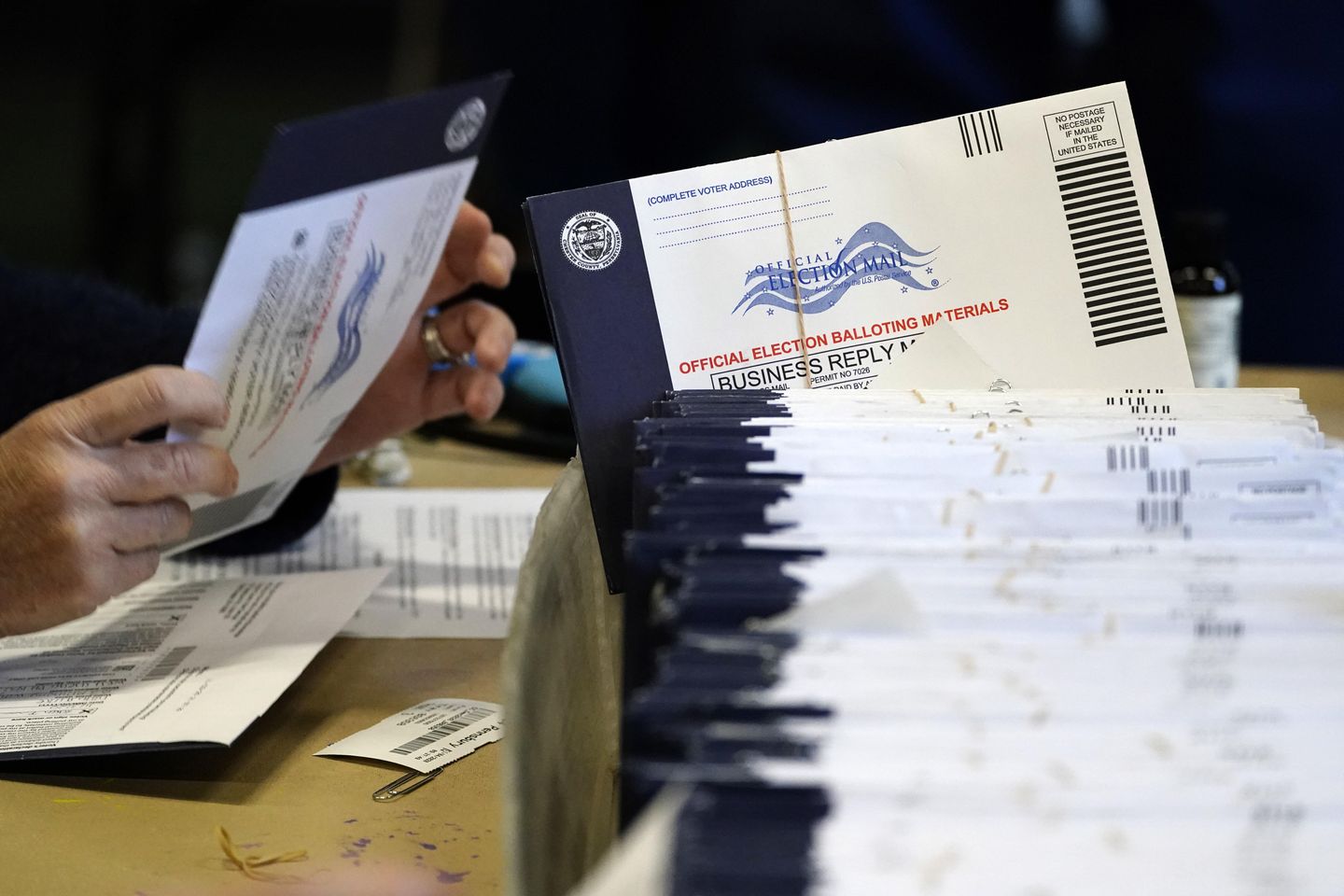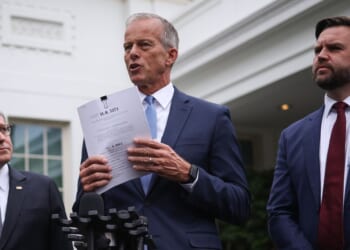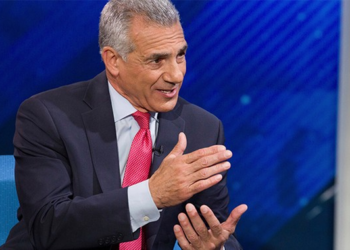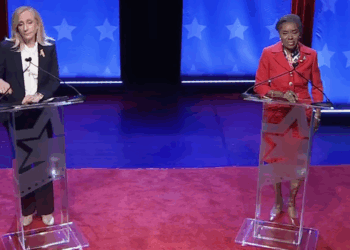
The Supreme Court said Monday it will take up a case that could settle whether states can count mail-in ballots received after Election Day, wading into an issue that increasingly divides Democrats and Republicans.
The justices agreed to hear a case challenging Mississippi’s policy, adopted during the pandemic, which allows mailed-in ballots to be counted if they are cast on time and received within five days of the election.
The Republican National Committee challenged the law and a lower appeals court had ruled against the state. The 5th U.S. Circuit Court of Appeals said Congress set a single day for national elections and ballots must “be both cast by voters and received by state officials.”
Mississippi appealed to the justices, saying if its law is illegal then so are the laws in most states. It warned of election “chaos” unless the high court stepped in.
“The stakes are high: ballots cast by — but received after — election day can swing close races and change the course of the country,” Mississippi Attorney General Lynn Fitch argued in asking the court to take the case.
The battle over mailed-in ballots had percolated for years but grabbed nationwide headlines amid the pandemic, as states rushed to make it easier to vote without having to violate the social distancing rules they’d imposed.
SEE ALSO: Supreme Court ponders Trump administration’s halt of food stamp program
States ditched previous policies that had demanded reasons to vote in-person early, or by mail. And they expanded grace periods for mailed-in ballots to arrive and be counted.
President Trump initially railed against early voting but has softened on that.
But he has come down firmly on the side of not counting post-Election Day ballots.
“This is like allowing persons who arrive 3 days after Election Day, perhaps after a winner has been declared, to vote in person at a former voting precinct, which would be absurd,” he said in a March executive order.
He ordered his Justice Department to find ways to punish states that violate the Election Day standard.
That executive order has been largely halted by federal district courts.
SEE ALSO: Supreme Court won’t consider challenge to overturn same-sex marriage ruling
The Supreme Court has already heard oral argument this year on another case that touches on the issue.
In that case, out of Illinois, Republican Rep. Michael Bost had challenged his state’s law that allowed mailed ballots to be counted if they are received up to 14 days after Election Day.
Lower courts had found he lacked standing to sue.
He appealed to the justices, arguing that a candidate in an election has a deep interest in ballot-counting and must be allowed to sue.
Justices, during oral argument, seemed sympathetic to his case.
Nearly 30 states allow for at least some ballots to be counted if received after Election Day. Most, but not all, require the ballot to have been postmarked by Election Day.
Some states allow counting of ballots received for up to three weeks after Election Day.
And those late-arriving votes have swung elections.
In California, where voting is done heavily by mail and ballots can be counted up to seven days after Election Day, congressional candidates have emerged on the night of the election in the lead, only to end up losing their races when all ballots are tabulated.
The case is Michael Watson, Mississippi secretary of state v. Republican National Committee, et al.
It took four justices to vote in favor of hearing the dispute.
Oral arguments are expected to take place later this term with a decision by the end of June.

















